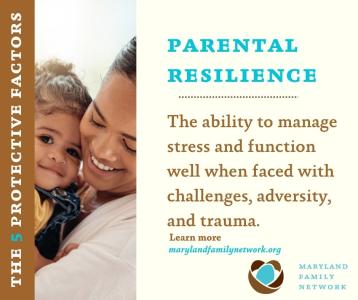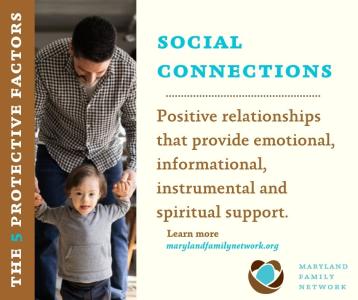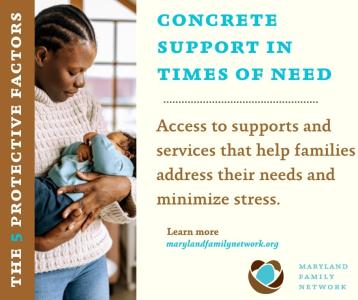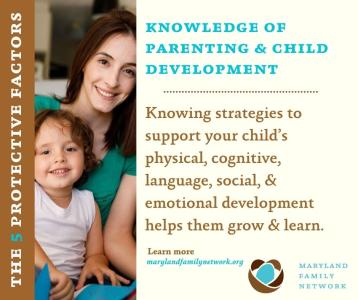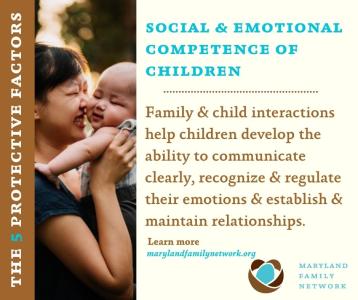
Building a Foundation of Strength for Our Children and Families
Every family wants the best for their children. We all strive to create a nurturing environment where our children can grow up safe, healthy, and happy.
The Strengthening Families approach, developed by the Center for the Study of Social Policy, provides a framework to help us achieve that goal. It’s not about being a “perfect” parent, but about building on our strengths to navigate the challenges of raising children.
At the heart of the Strengthening Families approach are the Five Protective Factors. These are the qualities and resources that research has shown to be crucial for preventing child abuse and neglect and for promoting the well-being of all families. Think of them as the pillars that support a strong and resilient family structure.
The Five Protective Factors: Your Family's Superpowers
These five factors are present in every family to some degree. By consciously nurturing them, we can significantly enhance our ability to handle life's stressors and create a positive environment for our children.
1. Parental Resilience: Bouncing Back from Stress
Life is full of ups and downs. Parental resilience is the ability to cope with the everyday stresses of parenting and to bounce back from more significant challenges. It’s about managing stress, solving problems effectively, and maintaining a positive outlook.
What it looks like in action:
- Managing your emotions: Taking a deep breath before reacting to a frustrating situation.
- Problem-solving: Breaking down a challenge into smaller, manageable steps.
- Building a positive attitude: Focusing on your strengths and celebrating small successes.
- Self-care: Making time for activities that recharge you, whether it's reading a book, going for a walk, or connecting with a friend.
2. Social Connections: You're Not Alone
Having a network of supportive friends, family, and community members is a powerful buffer against stress. These connections provide emotional support, practical help, and a sense of belonging.
What it looks like in action:
- Building a support system: Reaching out to other parents, joining a parent group, or getting to know your neighbors.
- Asking for help: Feeling comfortable asking a friend to watch your kids for an hour so you can run an errand.
- Giving and receiving: Offering to help others in your network, creating a cycle of mutual support.
- Feeling a part of something bigger: Participating in community events or activities.
3. Concrete Support in Times of Need: Getting the Help You Need
Every family needs help sometimes. Knowing where to turn for support and having access to essential services are crucial for navigating difficult times. This can range from formal support like food assistance or counseling to informal help from friends and neighbors.
What it looks like in action:
- Knowing your resources: Being aware of local services like food banks, health clinics, and family resource centers.
- Seeking assistance: Reaching out for help when you're facing a crisis, such as a job loss or a health issue.
- Problem-solving around basic needs: Creating a budget, seeking employment assistance, or finding affordable childcare.
- Advocating for your family's needs: Talking with your child care provider or teacher when you have questions, ask your child's health care provider to explain if you don't clearly understand something.
4. Knowledge of Parenting and Child Development: Understanding Your Child's Journey
Parenting is a learned skill. Understanding the different stages of child development and having a toolbox of effective parenting strategies can make the journey smoother and more enjoyable. It helps us have realistic expectations for our children's behavior and respond to their needs in a positive and supportive way.
What it looks like in action:
- Learning about child development: Reading books, attending workshops, or talking to your pediatrician about what to expect at different ages.
- Developing positive discipline techniques: Using strategies that teach and guide, rather than punish.
- Recognizing and responding to your child's individual needs and temperament: There is no right or wrong temperament, but generally children's temperaments will either be easy or flexible; active or feisty; or slow to warm up or cautious. Adjusting your parenting practices to meet your child's needs will support healthy development.
- Creating a stimulating and supportive learning environment at home: Ensure children's safety, show them love while setting age-appropriate limits, and create opportunities for them to talk about their feelings.
5. Social and Emotional Competence of Children: Helping Children Manage Their Feelings and Relationships
Children who can understand and manage their emotions, build positive relationships, and make responsible decisions are better equipped for success in school and life. As parents, we're our children’s first and most important teachers in developing these crucial skills.
What it looks like in action:
- Teaching your child to label their feelings: "I see you're feeling frustrated right now."
- Modeling healthy emotional expression: Talking about your own feelings in a constructive way.
- Helping your child develop empathy: Encouraging them to consider others' perspectives.
- Teaching problem-solving skills: Helping your child work through conflicts with friends or siblings.
The Strengthening Families Approach: A Partnership for Success
The beauty of the Strengthening Families approach is that it's a collaborative effort. It’s not just about what parents can do on their own. It’s about creating communities and systems that support families in building these protective factors. By embracing the Five Protective Factors and the Strengthening Families approach, we can all play a role in creating a future where every child has the opportunity to thrive.
- Looking for a community of support? Contact one of our Family Support Patty Centers here or reach out to one of our Early Head Start Centers here.
- MFN awarded over $1.9 million to 13 community-based agencies across the state in an integrated, prevention-focused initiative to reduce child abuse and neglect and increase public awareness about ways our community at large can contribute to supporting strong and healthy families. Learn more here.
- Interested in joining MFN's community of Strong Families grant recipients? Respond to our RFP here.


